4 Father’s side of the family
My father’s side of the family was harder to trace so I only have information that dates back to my grandparents, however, my relatives in Spain sent me old photographs of my grandfather and his father. My grandma Dora was born on a sugar plantation in Cuba, but was born to Spanish immigrants. This is the story I originally heard, but dismissed until I got my DNA results which display a 98% European background that is mostly Spanish and Portuguese. I knew my grandfather, who passed away before I was born, had an affair with a younger woman, who was hired to be the housekeeper in their home. What I did not know was that he had 2 children from this affair and my father had 2 half sisters. My brother told me that my grandfather had tried to keep my father and uncle from inheriting any property that he had owned. He owned the biggest cigar factory in Spain at the time and also owned some property. In an effort to try and get back at my grandma Dora he was adamant about making sure my father and his brother received nothing when he passed. Spanish law said otherwise and an apartment building, (that is still in our family), was passed down to my uncle and father.
Zerubavel talks about splitting in the genealogical process which is what humans do to deny a part of their family ever existed. In my father’s case, his father failed in his futile attempt to cut them out of existence (Zerubavel 2012).
Zerubavel also discusses marginalizing which is also an accurate way to describe the denying of one’s existence. Marginalizers acknowledge the relation and the shared ancestral tree with the people they try to exclude, but they view themselves as much more important as if they are the trunk and the others are mere branches (Zerubavel 2012). This may have been the case with my father’s father.
The textbook discusses the process of uncoupling which is when 2 people get divorced, the changes they must endure, and the consequences of the divorce. A couple becomes singular and that entails a period of adjustment (Ciabattari 2017). My grandma Dora went through a huge period of adjustment when she left her husband and fled to Cuba with her 2 children. Eventually, they immigrated to New York City around the same year that Fidel Castro shut down the borders of Cuba. My grandma Dora worked 3 jobs to put my father through medical school at Columbia University. Being a single divorced parent and working full-time in the 1960’s was very uncommon in the United States.
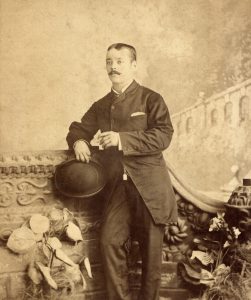
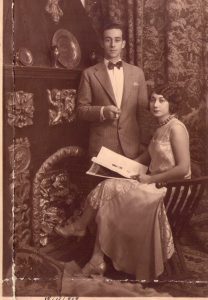
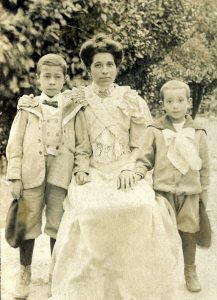
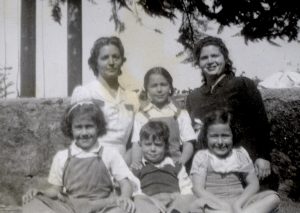
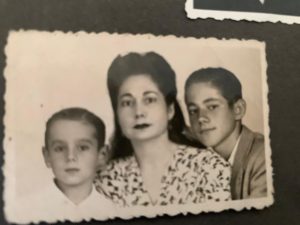
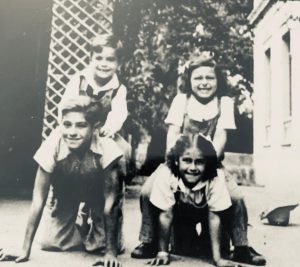
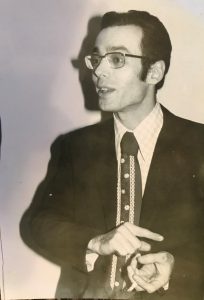
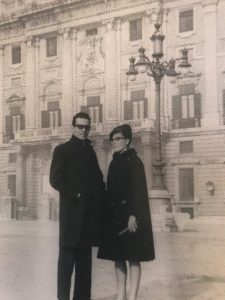
The picture in the top left is of my father’s grandfather, next to it is my grandma Dora and her husband, next to that is a woman by the name of Rosario, but I am not sure how she is related. My father is the little boy in the middle picture on the left, then my grandma Dora and my uncle Augustin and my father. On the bottom left is my father, my uncle, and 2 of their cousins. Then, my father as a young adult and a picture of him and my mother when they were younger.
Genetic relatedness was passed down through names in the Espinosa family as well. My uncle Augustin was named after his father and my father, Jose Carlos, named his first son the same name. The separate spheres ideology was passed down until my grandma Dora divorced her husband and had to make her own way.
